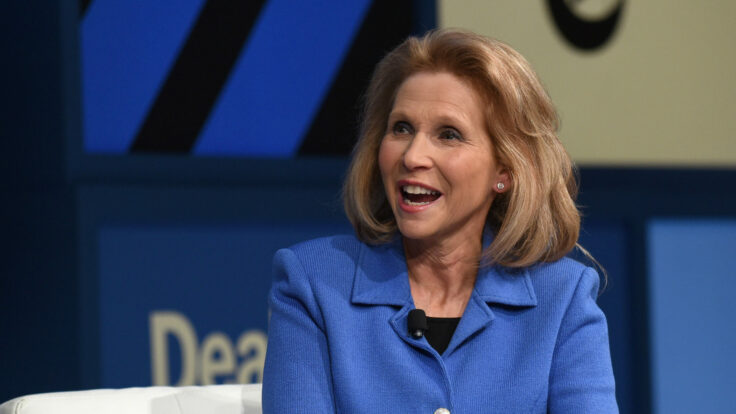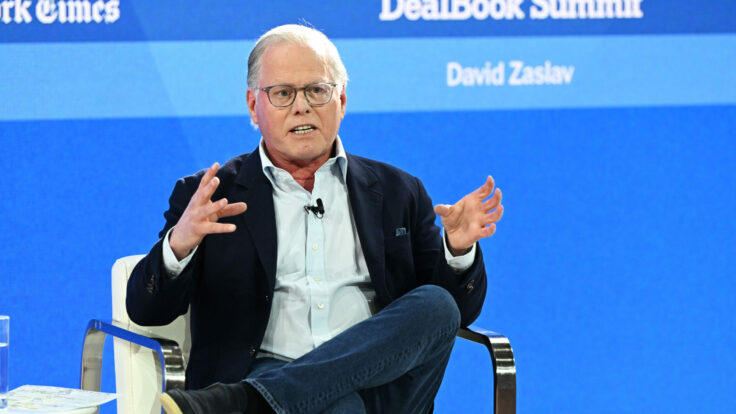Among the many excesses of our irrationally exuberant financial markets is the sudden ubiquity of Adjusted EBITDA, the audacious effort of so many companies these days to create an illusion of staggering profitability. There are valid reasons, in theory, why a business should want to highlight its ability to generate cash flow, minus recurring expenses such as interest, depreciation, taxes, and so forth, in addition to one-offs like bonuses. More recently, however, these experiments in creative accounting have become increasingly absurd. WeWork’s Adam Neumann is perhaps most famous for trying to pass off a made-up metric, “Community-adjusted EBITDA,” that subtracted basic expenses like rent, marketing, staffing, and even administrative costs.
In retrospect, Neumann may have simply been ahead of his time. What Charlie Munger memorably referred to as “bullshit earnings” is now the preferred yardstick for many companies. Last week, Yelp announced that its Adjusted EBITDA for 2021 will be between $200 million and $220 million, up from previous estimates for the year, which of course looks much better than the negative $19.4 million of net income that it eked out in 2020.

















